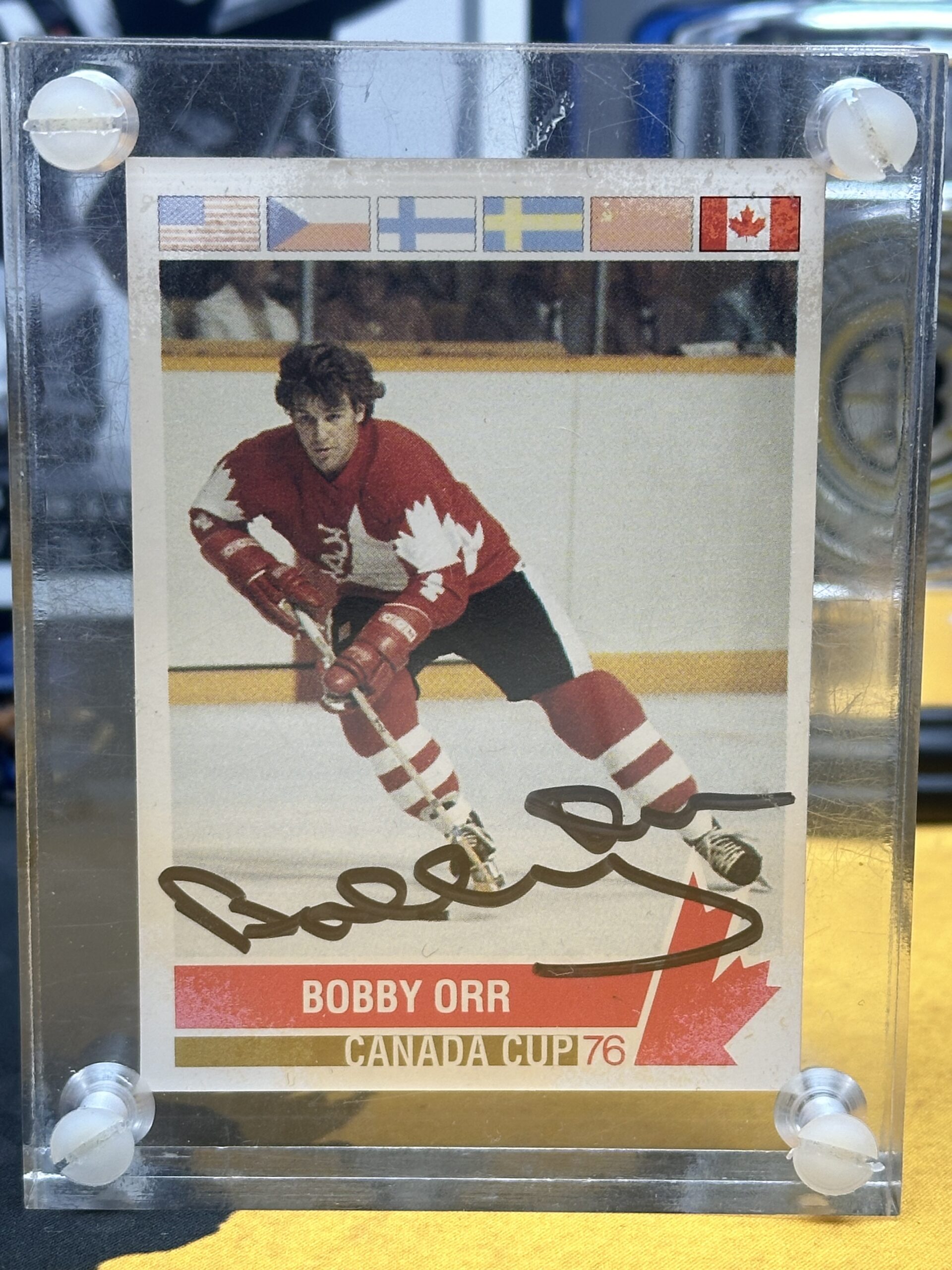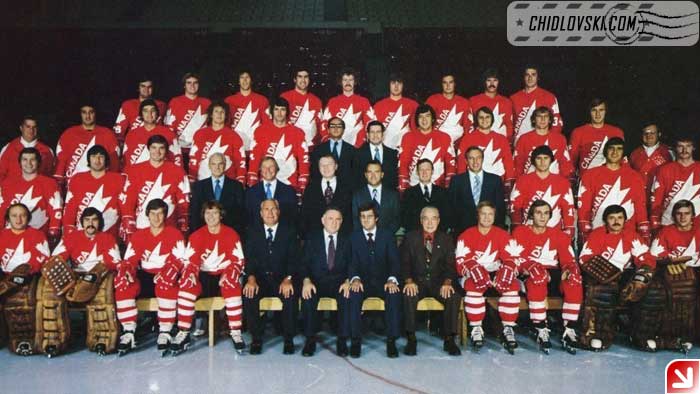The 1976 Canada Cup marked a pivotal moment in hockey history, as it became the first true best-on-best world championship, allowing players to represent their countries regardless of their professional or amateur status. Held from September 2 to 15, 1976, the tournament spanned across arenas in Ottawa, Toronto, Montreal, Winnipeg, Quebec City, and Philadelphia.
Despite persistent knee and back issues, Bobby Orr, who had recently joined the Chicago Blackhawks, showcased his unparalleled talent throughout the tournament. His exceptional performance earned him the coveted title of Most Valuable Player (MVP). Orr’s teammate, Bobby Clarke, eloquently captured his impact: “He was the best player in every game; he was the best player in the tournament. He couldn’t skate like he used to, but he could still go.”
The tournament featured a diverse range of participating countries, including the USA, Sweden, Finland, Czechoslovakia, and the Soviet Union. However, the latter opted to send a second-tier team, prioritizing their focus on the World and Olympic Games.
The final match, a best-of-three series between Canada and Czechoslovakia, culminated in Canada’s triumph, sweeping the series with two consecutive wins. The second game, which extended into overtime, etched itself into hockey history as one of the sport’s most iconic moments.

Less than two minutes into the second half of overtime, Darryl Sittler, following a pass from Marcel Dionne, skated into the Czechoslovakian zone. As Dzurilla emerged to challenge, Sittler executed a deceptive shot fake, freezing the goaltender. With two swift strides, Sittler unleashed the puck into an open net, igniting wild celebrations among the Canadian players on the ice and the jubilant fans in the stands. Sittler’s championship-winning goal remains enshrined among hockey’s most celebrated moments.
In a heartwarming gesture, players from both teams traded jerseys during the post-game celebrations. Bobby Orr, upon receiving the Most Valuable Player award, proudly donned a Czechoslovakian jersey, symbolizing the camaraderie and sportsmanship that transcended the competitive spirit of the tournament.
Bobby Orr later declared that winning the Canada Cup held greater significance for him than any of his Stanley Cup victories.
The tournament’s success resonated across all participating nations, with the exception of perhaps the Soviet Union, who attributed their loss to perceived officiating bias. The remaining four teams showcased their ability to compete at the pinnacle of international hockey, setting a new benchmark for global hockey competitions.






